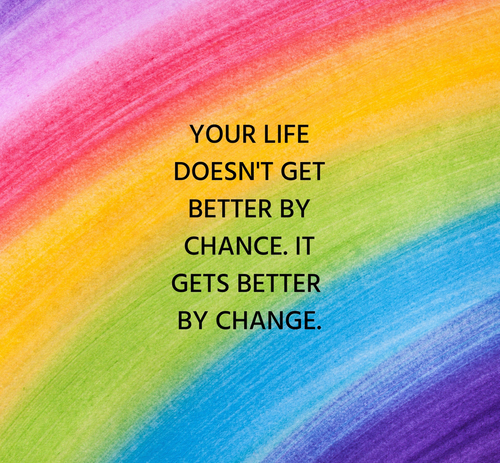It can be surprising that sometimes the simple things can speed up recovery.
And yes, I’m talking diet and exercise- but you need to know how to use these to your advantage to get the benefit. A recent narrative review of diet and exercise for depression produced several key recommendations to help reduce depression (Cusimano & VandenBerg, 2020), as follows:
-
-
- Fruit and vegetables should be increased. Carrots and broccoli could replace chips or similar snacks.
- Switching juice for whole fruit is beneficial
- Swapping white bread for whole grain bread
- Eating fatty fish (e.g., salmon or tuna) at least twice per week
- Reducing the amount of sweets eaten
- Processed meats, fast food, and fried foods should be reduced, and swapped for fresh meats
-
A key symptom in depression is appetite and/or weight changes. People can lose their appetite or feel way hungrier. People may also gain or lose weight (without trying to lose weight). Often, I discuss with clients that eating something is far better than eating nothing- and I still stand by this. I’m presenting the above information as knowing the way forward can be helpful, if you are able to make these changes. However, if you are eating nothing and it all feels too hard: then what you are eating does not matter as much as just eating something, anything.
Regarding exercise, Cusimano and VandenBerg recommended that the optimal dose for exercise was 2.5 hours per week of moderate-intensity aerobic activity (think cardio: walking, running, swimming, riding). They indicated that it didn’t matter how this amount was reached- for example, you might do five bouts of 30 minutes, or three bouts of 50 minutes. However, it’s also good to know that there is evidence that that people can obtain an ‘antidepressant effect’ immediately after just 30 minutes of exercise of any intensity (Meyer, Koltyn, Stegner, Kim, & Cook, 2016). Going for that easy walk really does count!!
References
Meyer, J. D., Koltyn, K. F., Stegner, A. J., Kim, J., & Cook, D. B. (2016). Influence of Exercise Intensity for Improving Depressed Mood in Depression: A Dose-Response Study. Behavior Therapy, 4, 527-537. https://doi.org/10.1016/j.beth.2016.04.003.
Cusimano, J., & VandenBerg, A. (2020). Low-hanging fruit for getting back on your feet: A critical review of diet and exercise interventions for depression. Journal of Affective Disorders Reports, 1, 100019. https://doi.org/10.1016/j.jadr.2020.100019.


